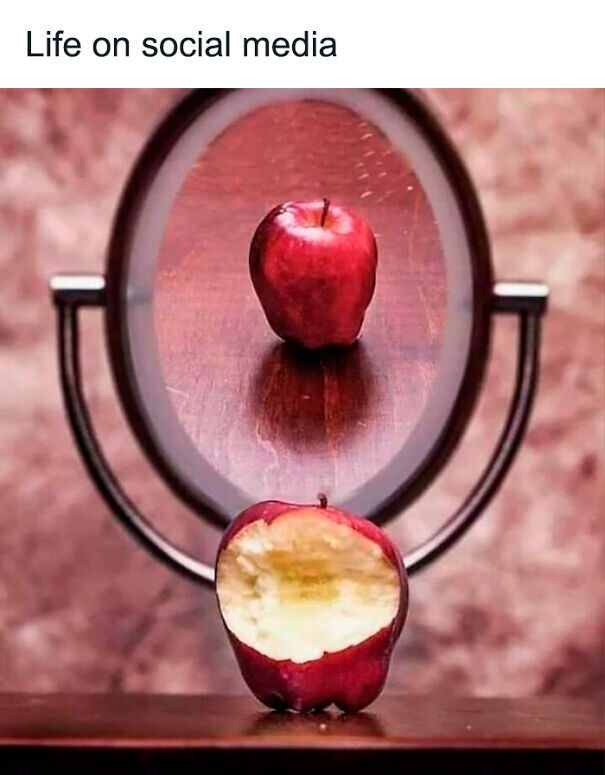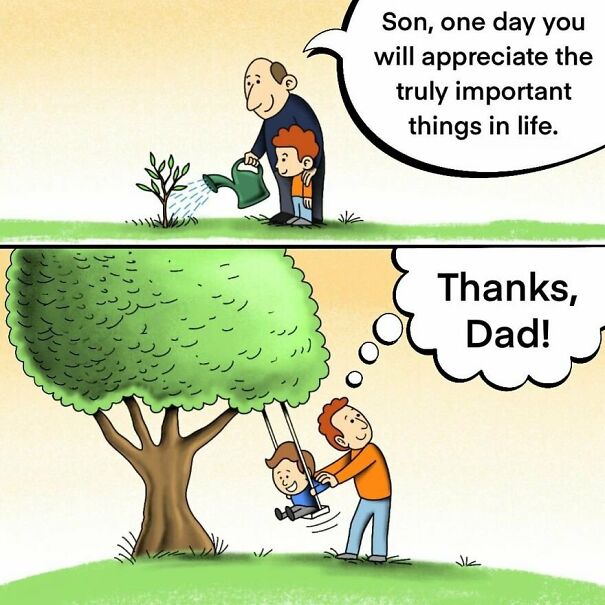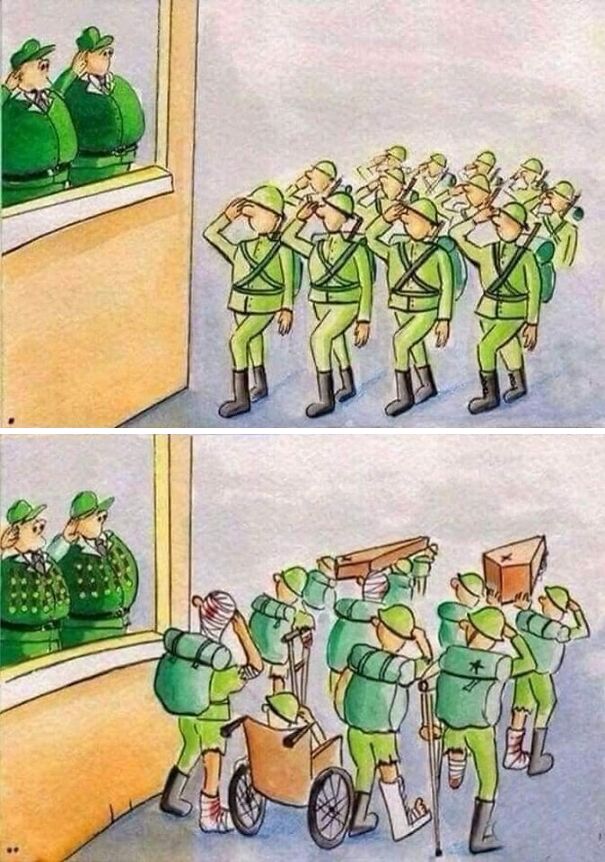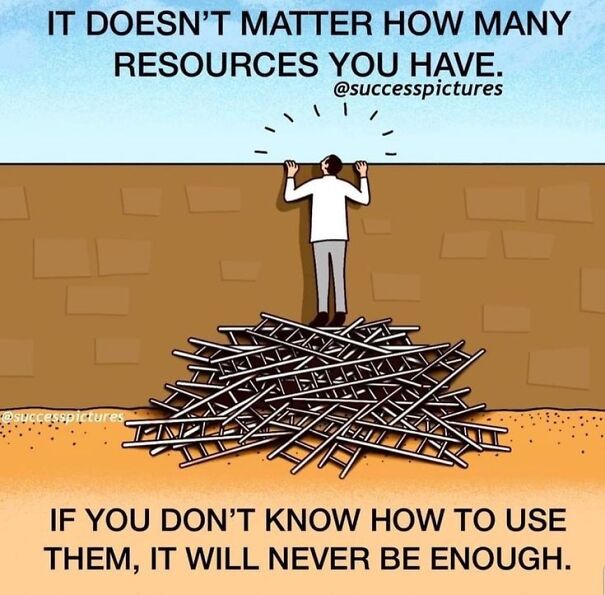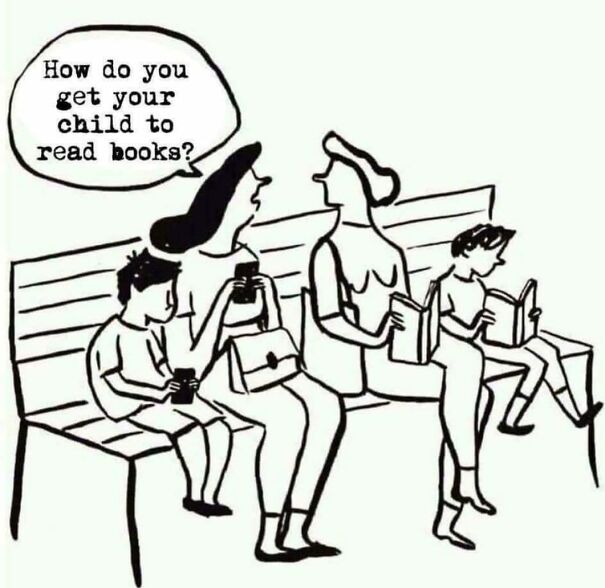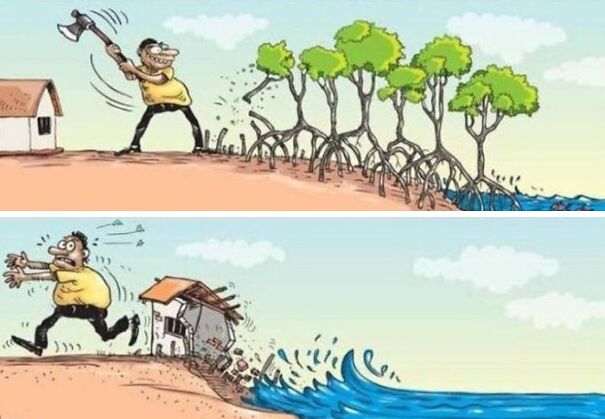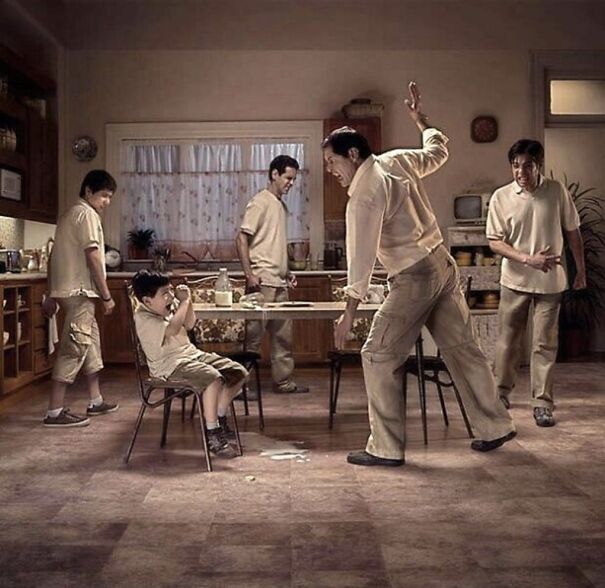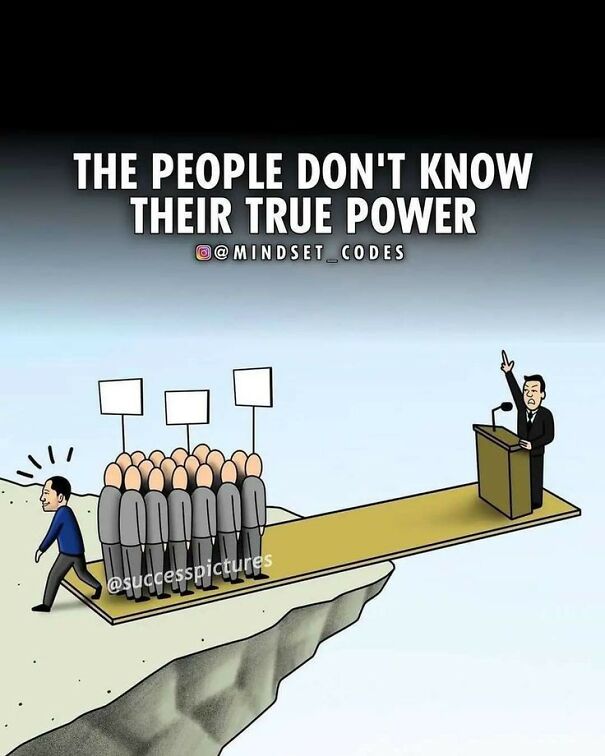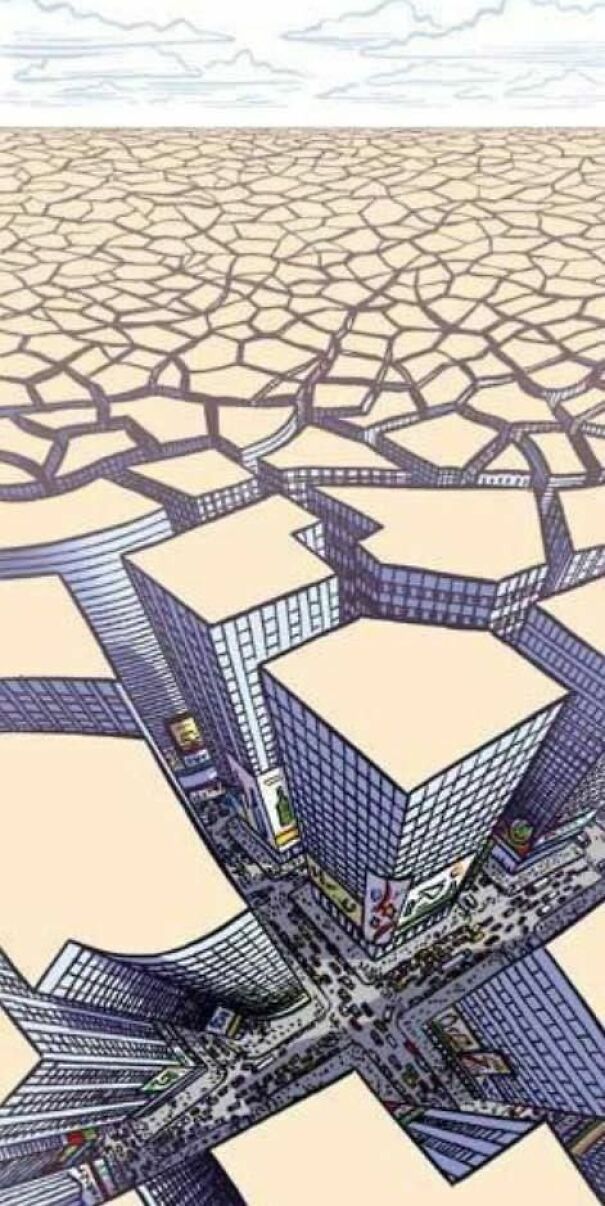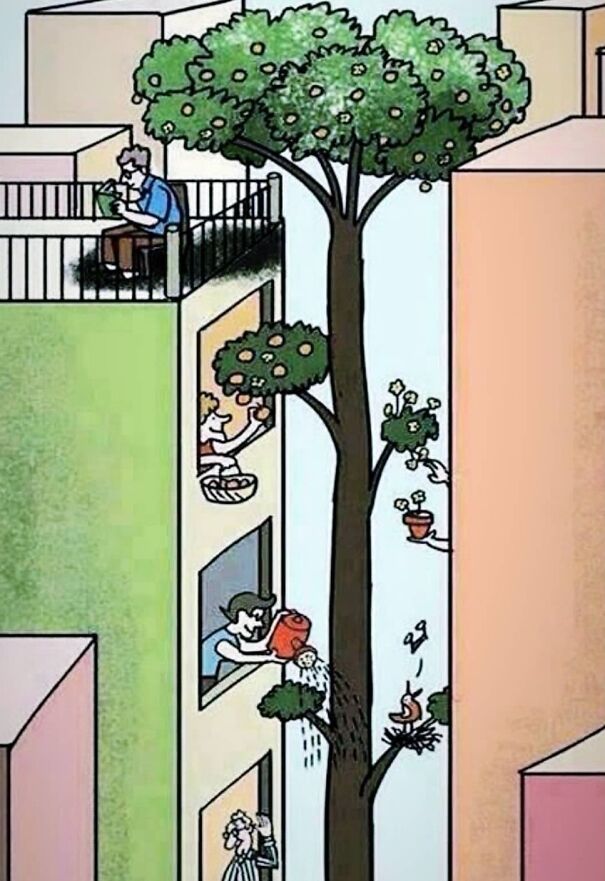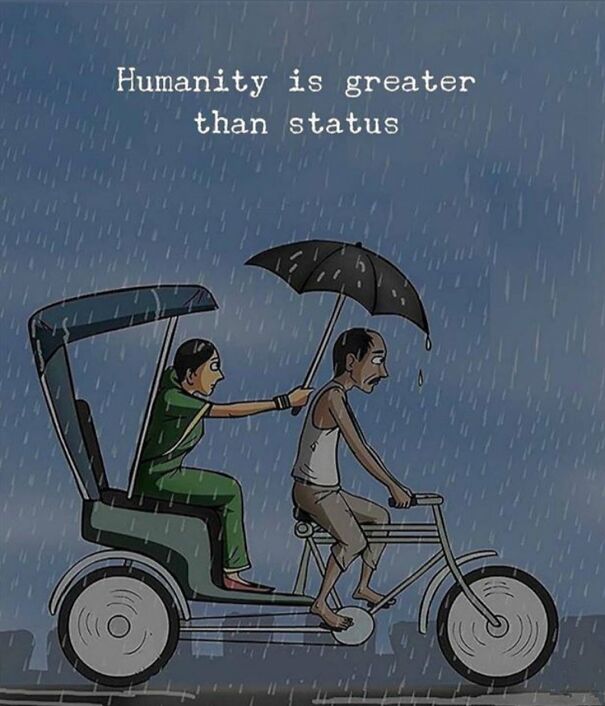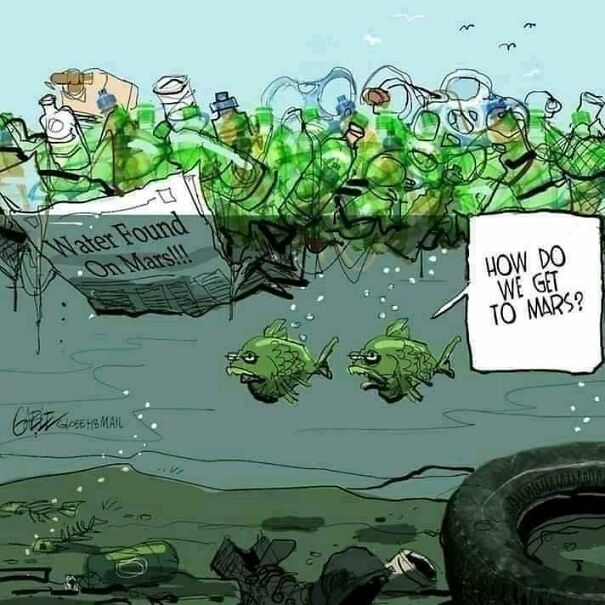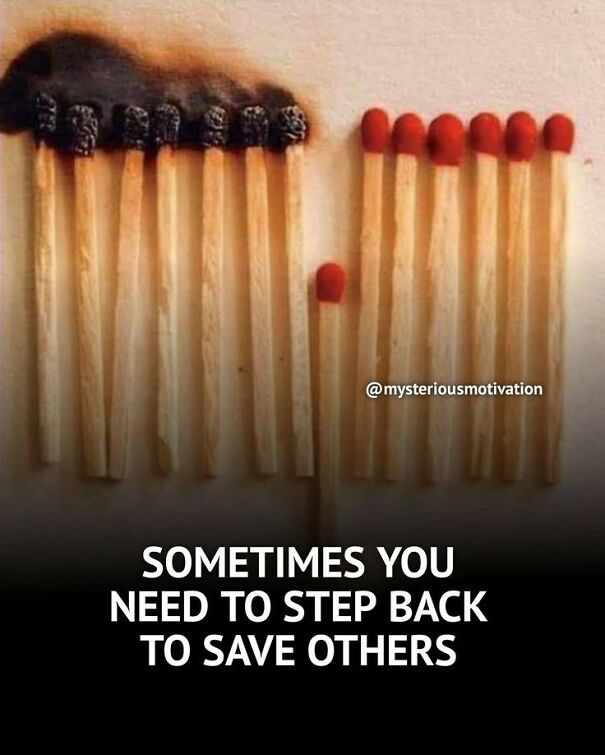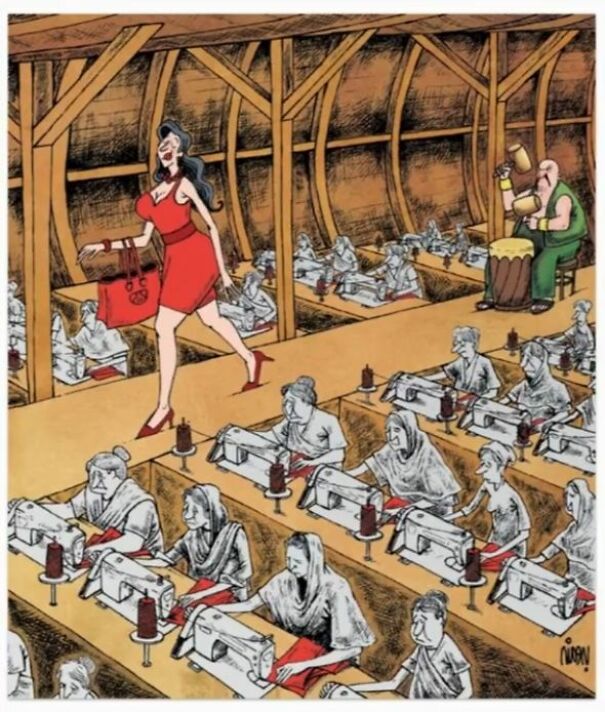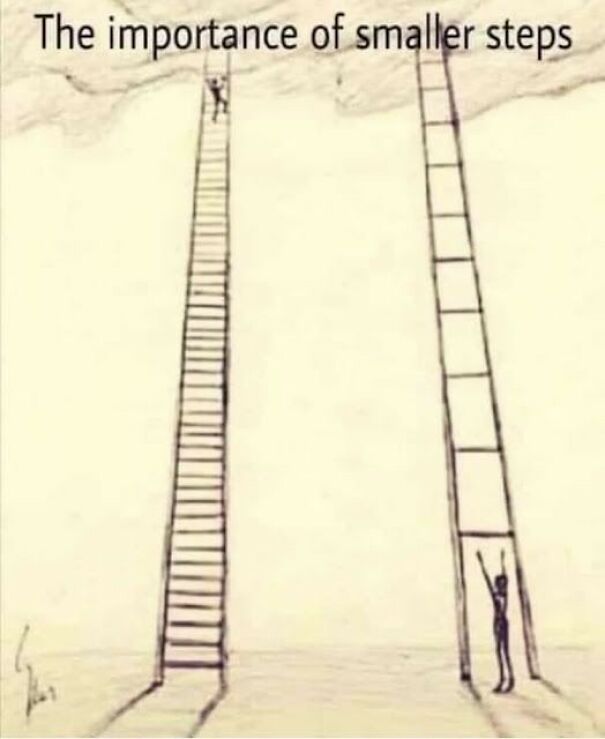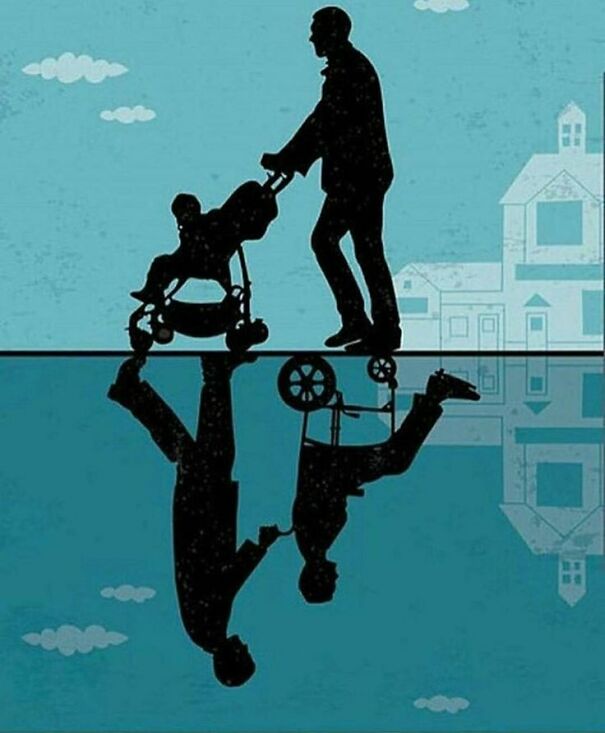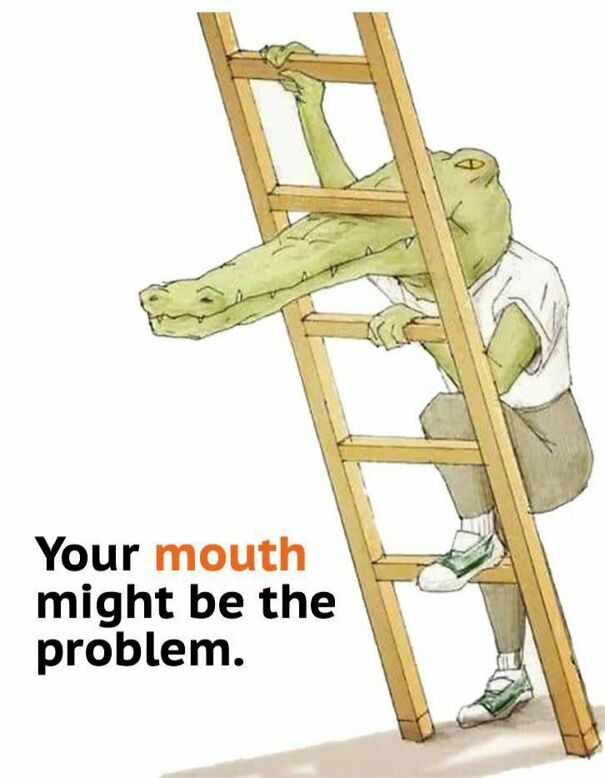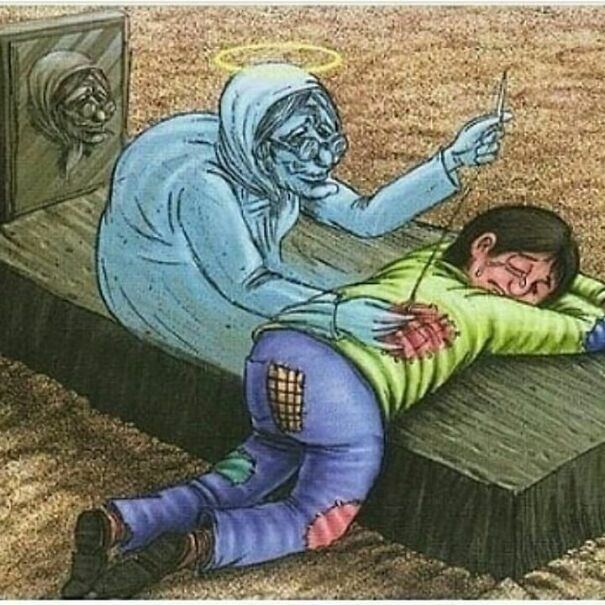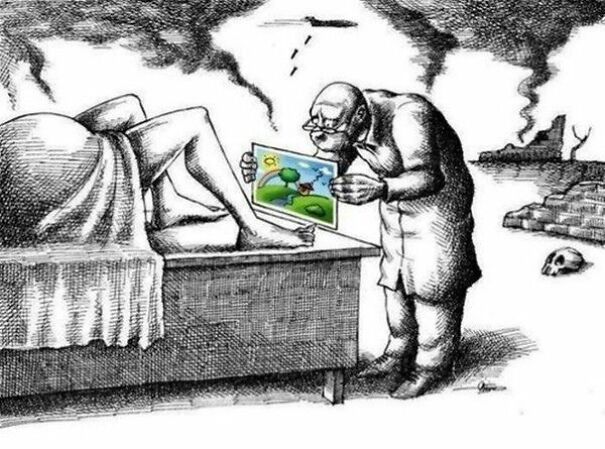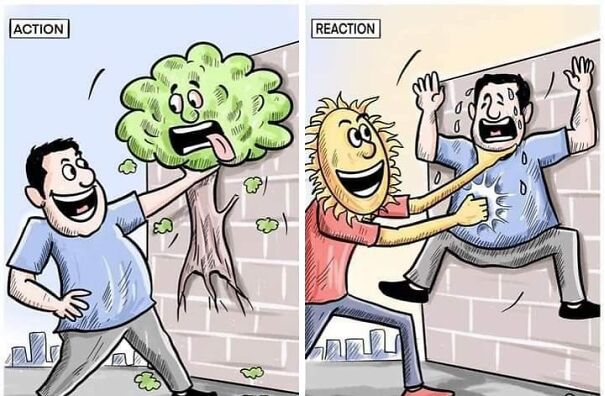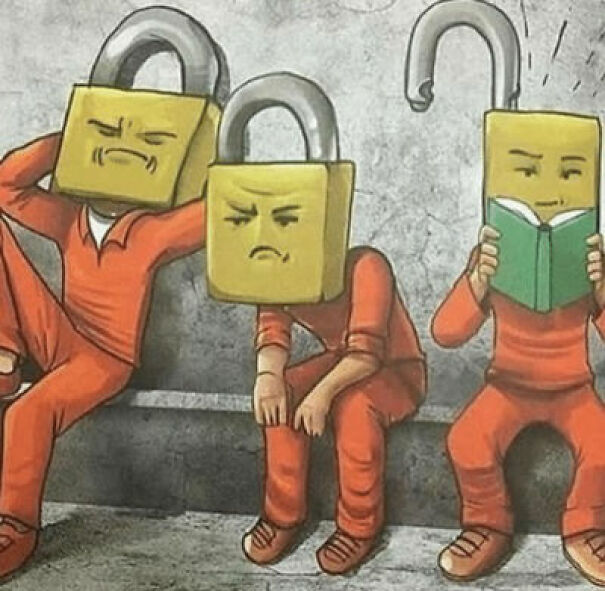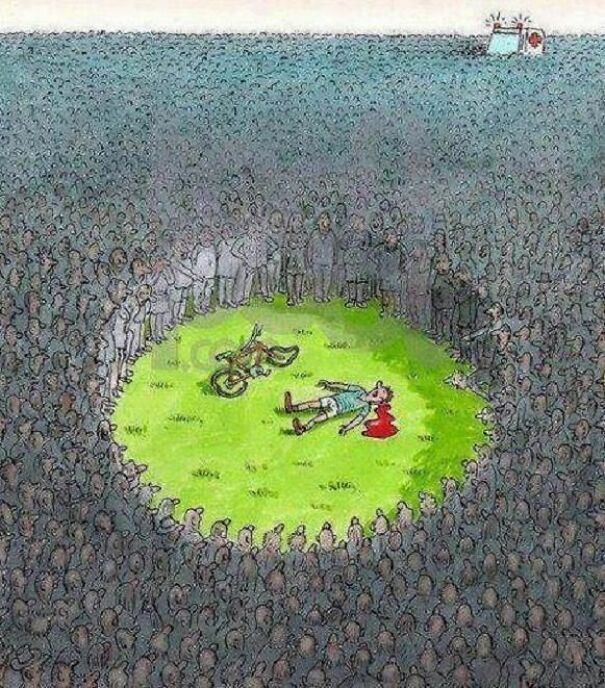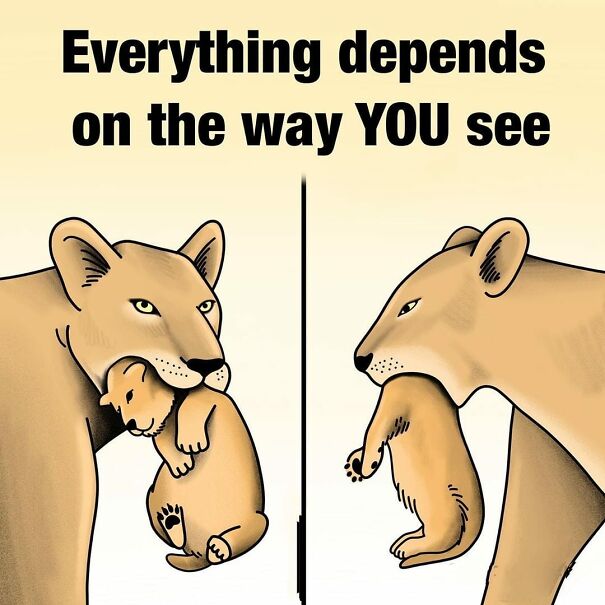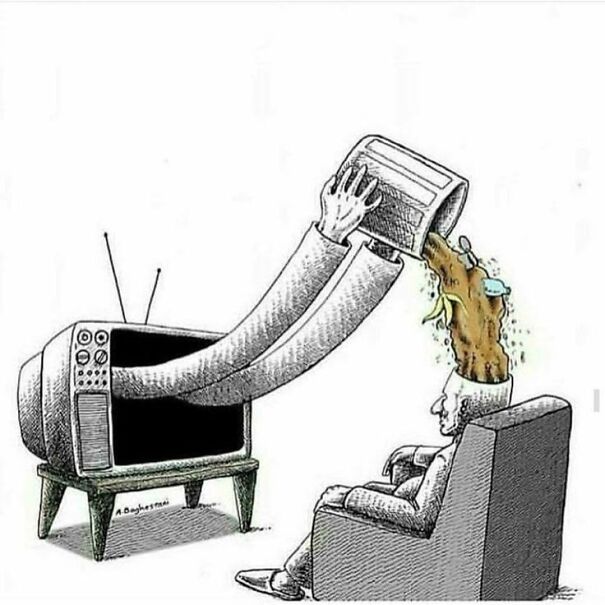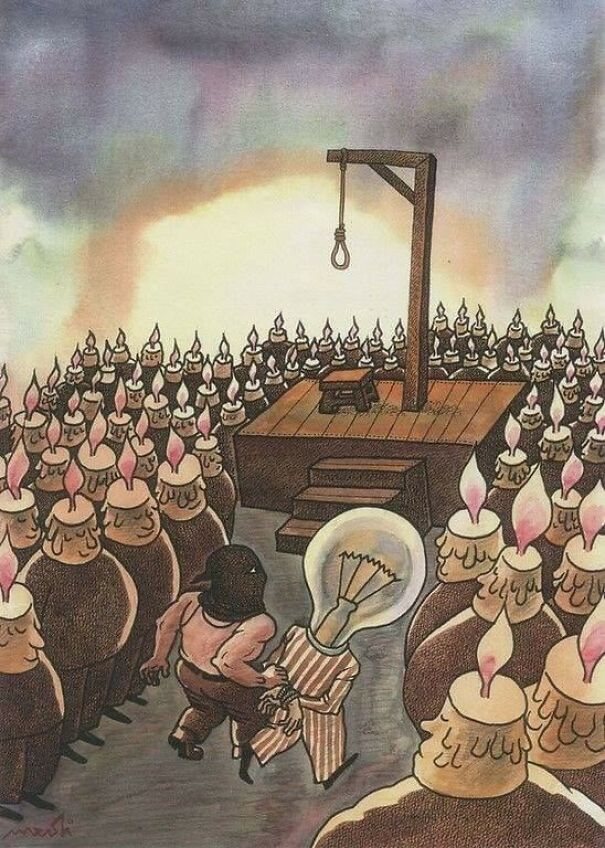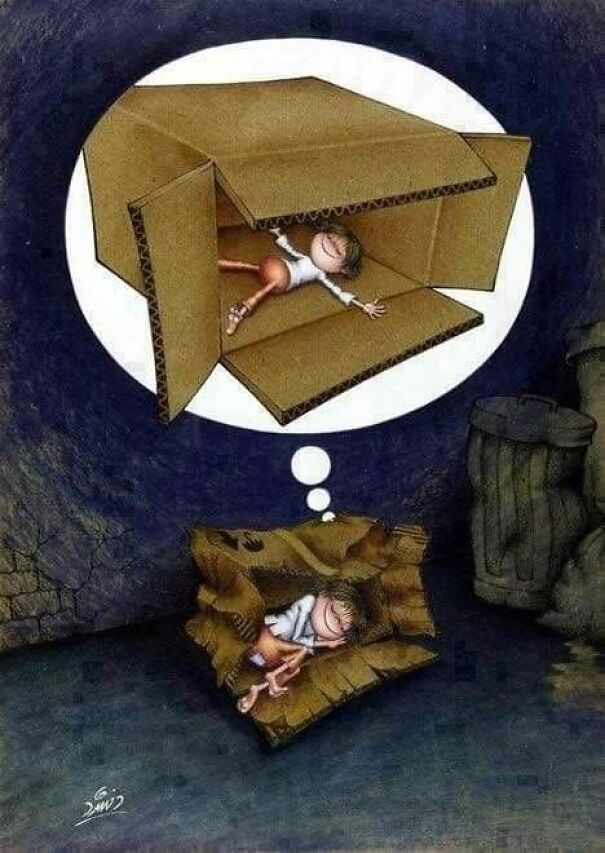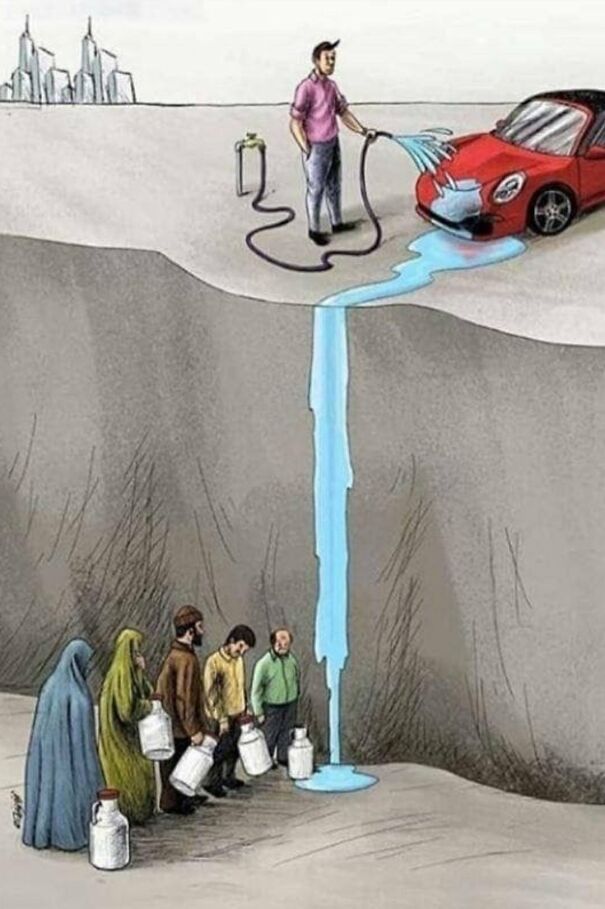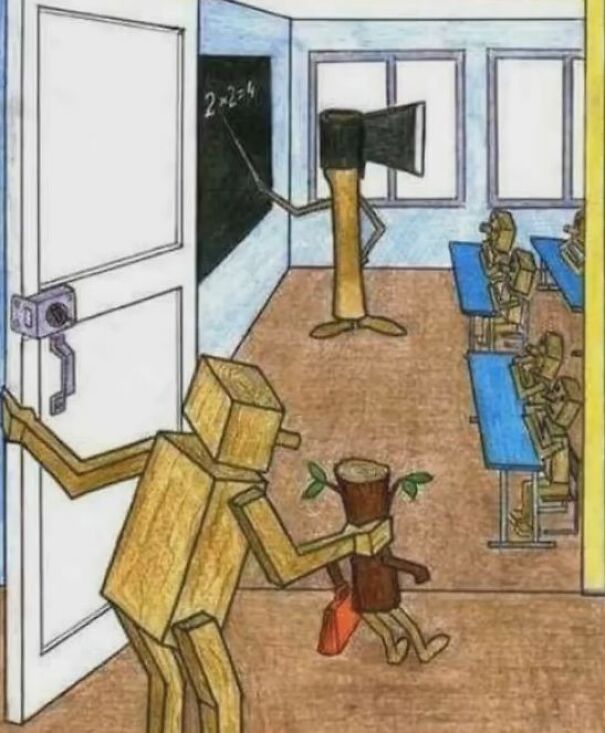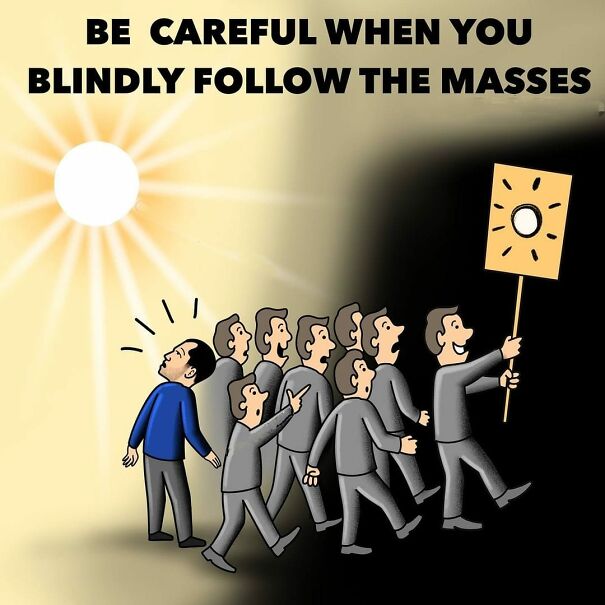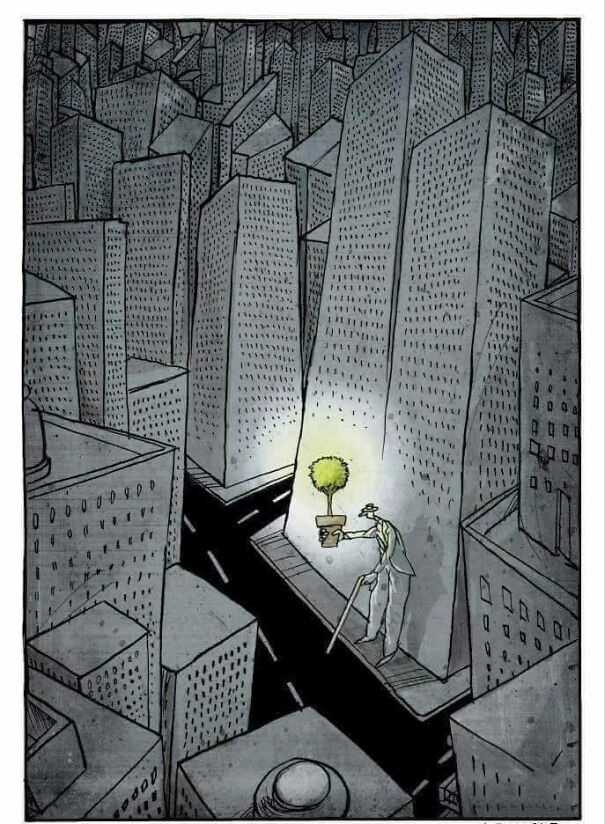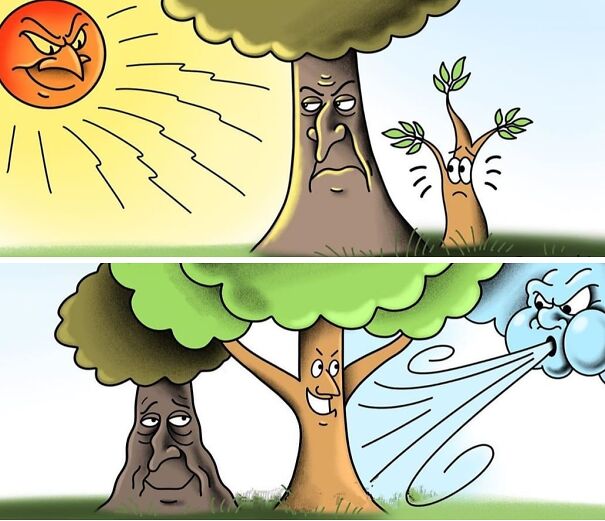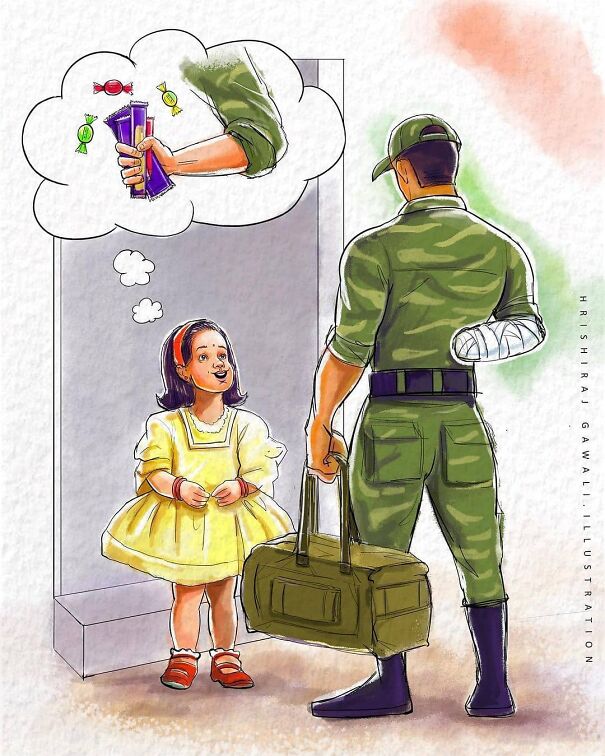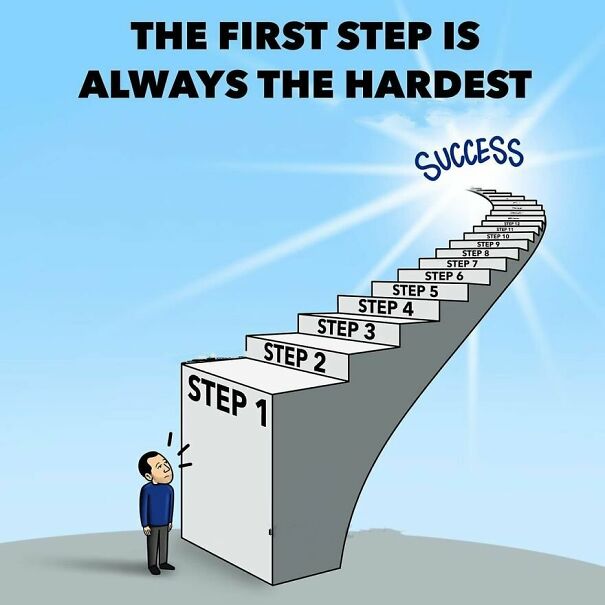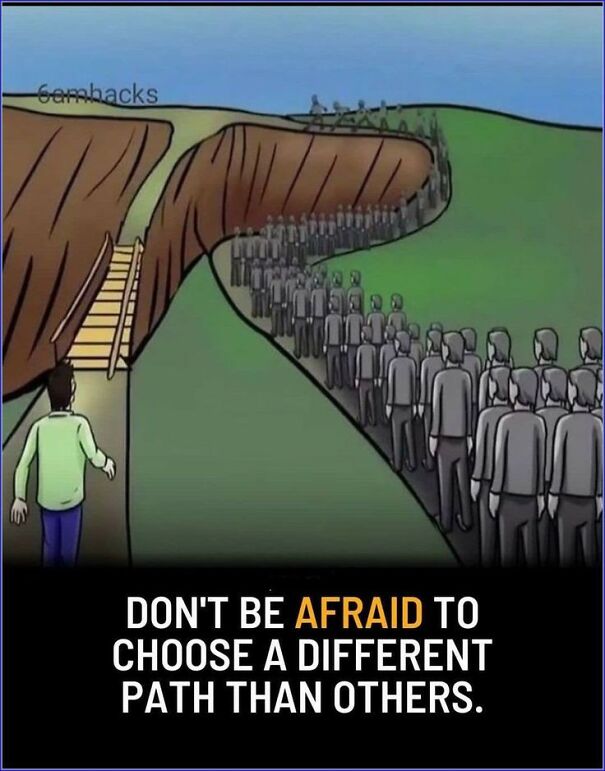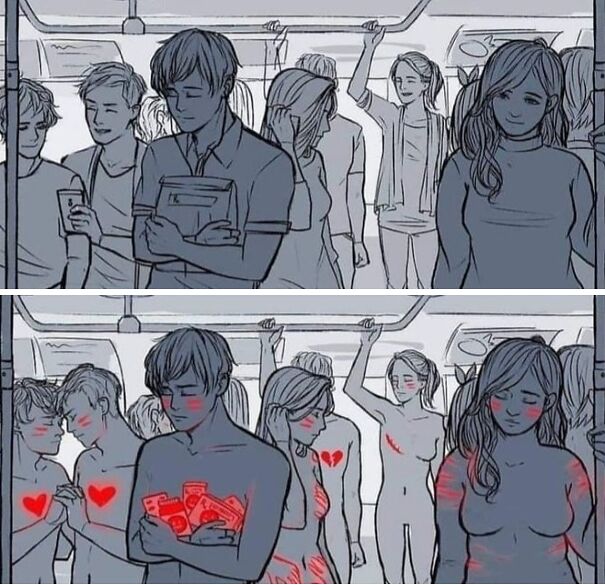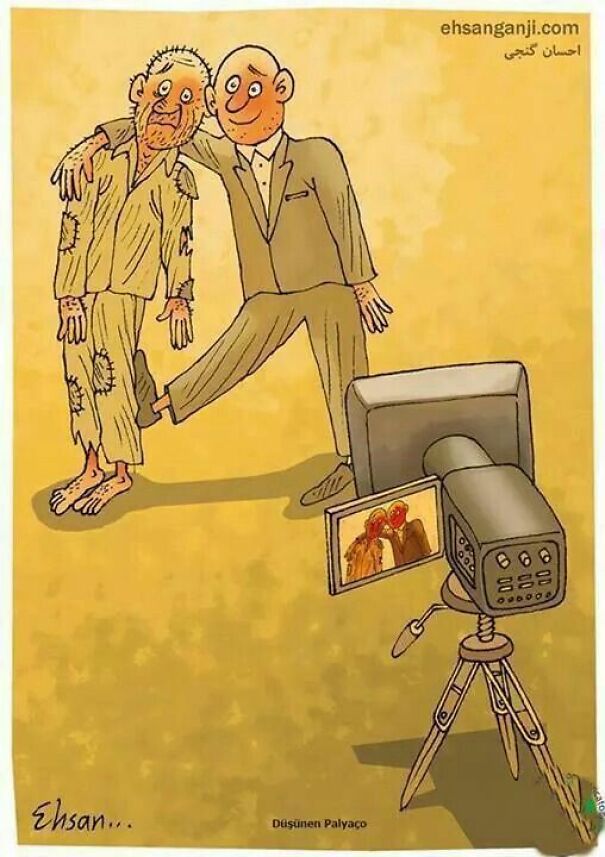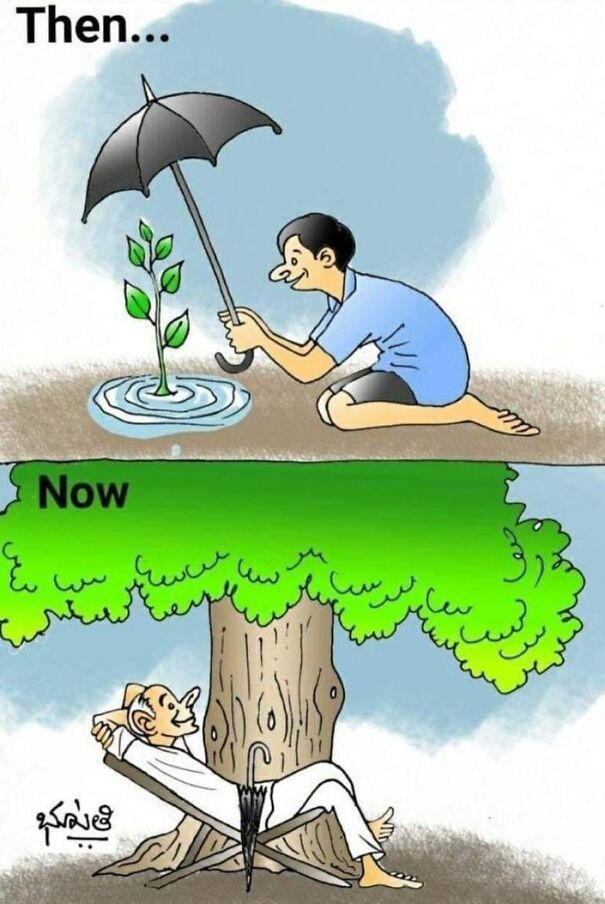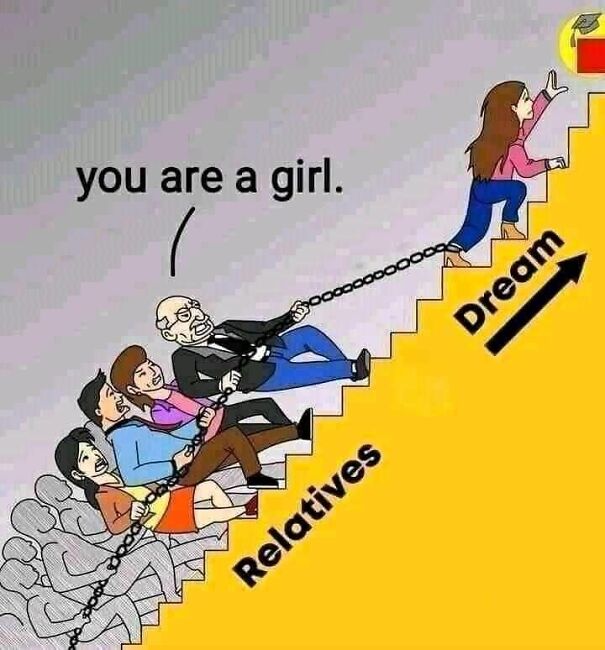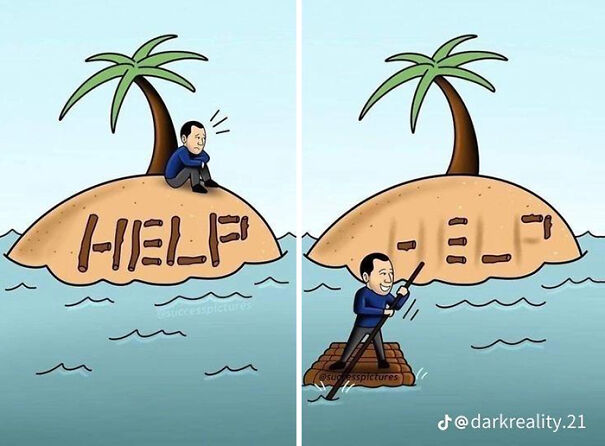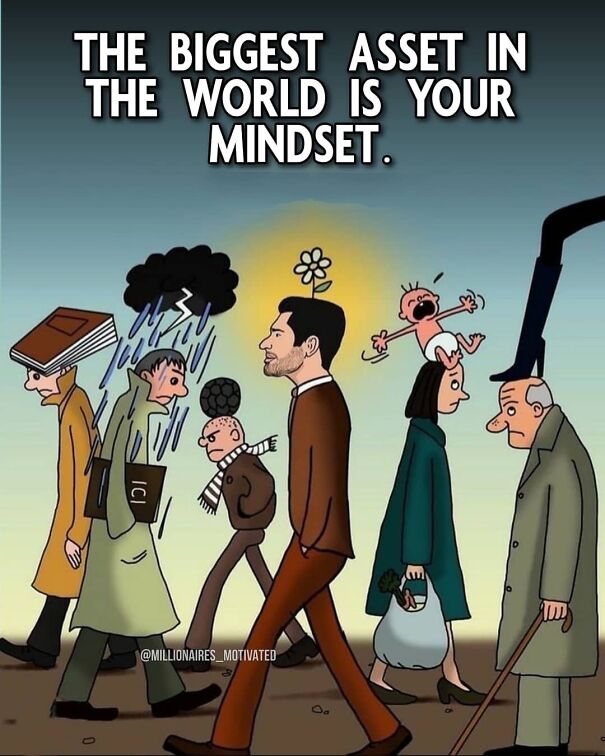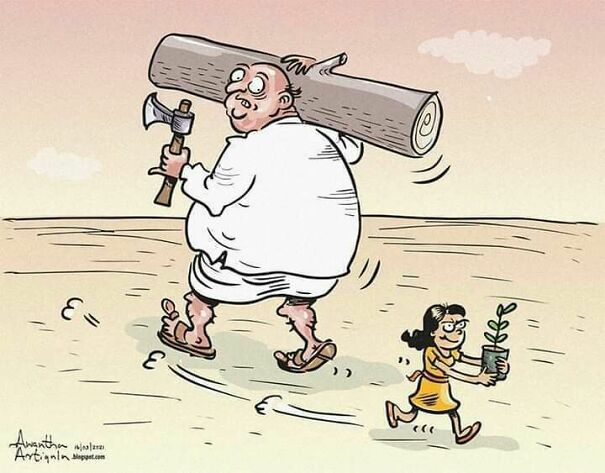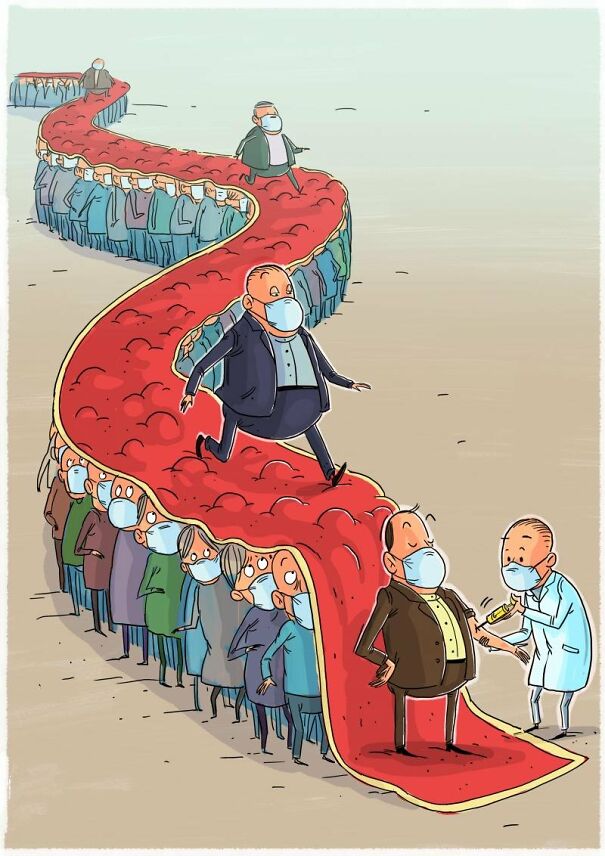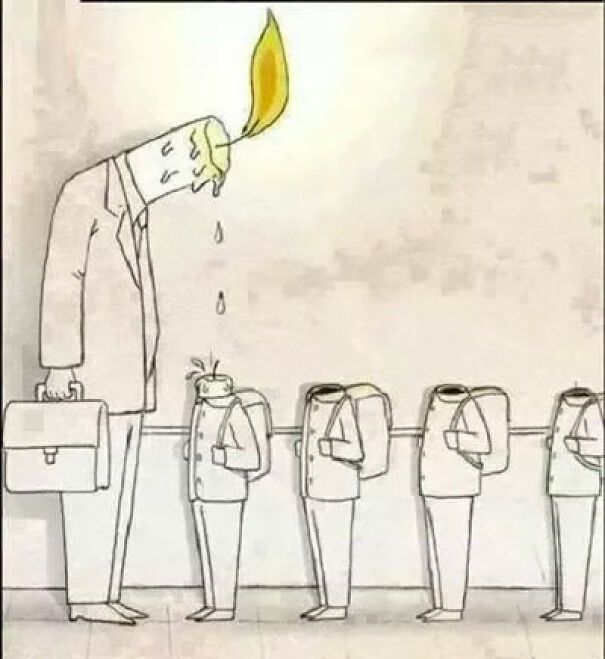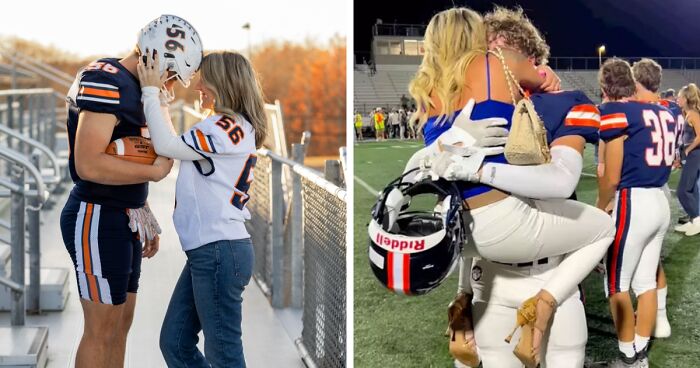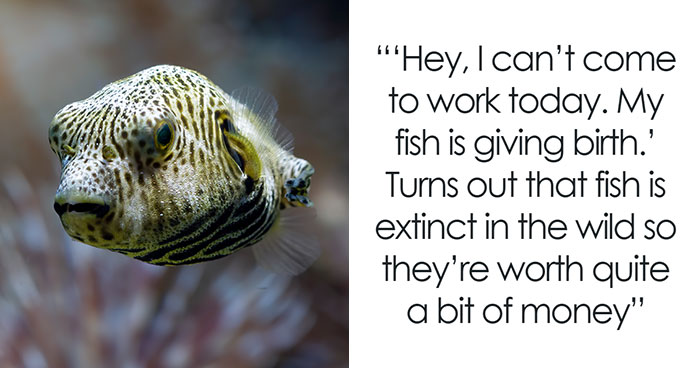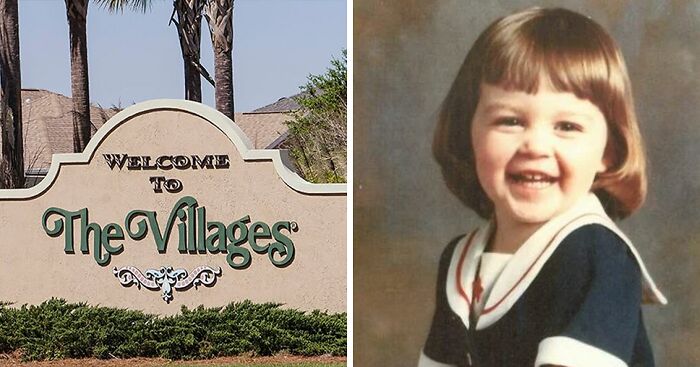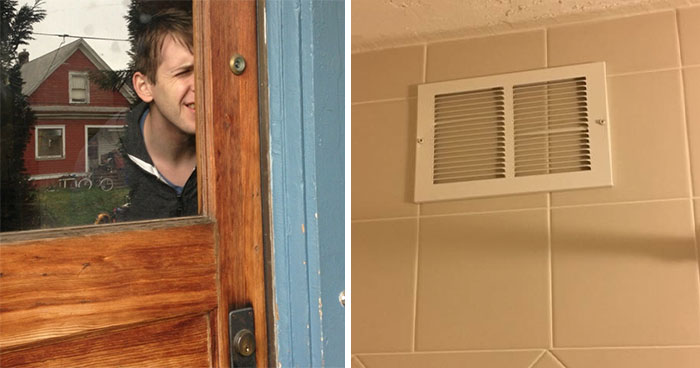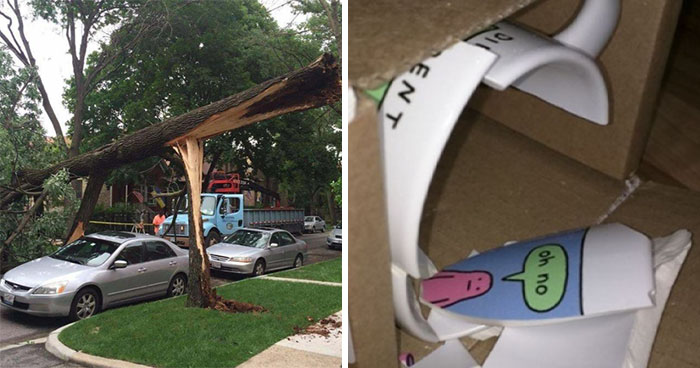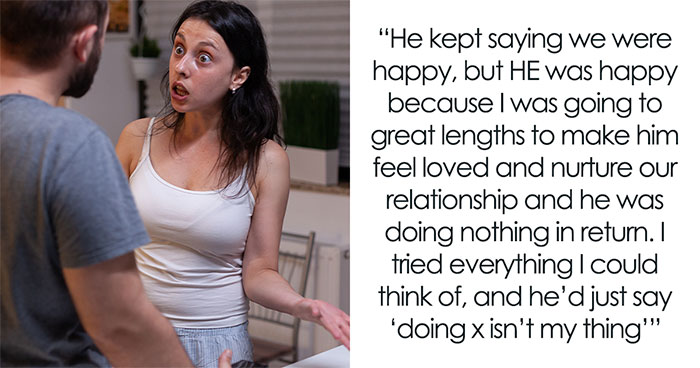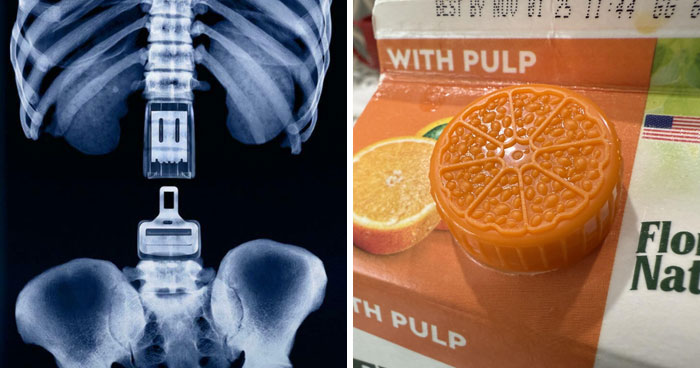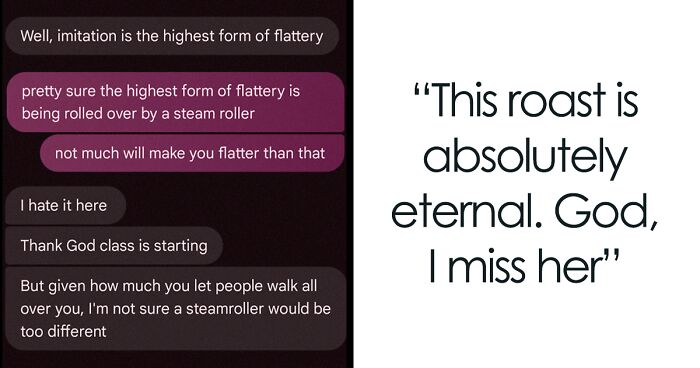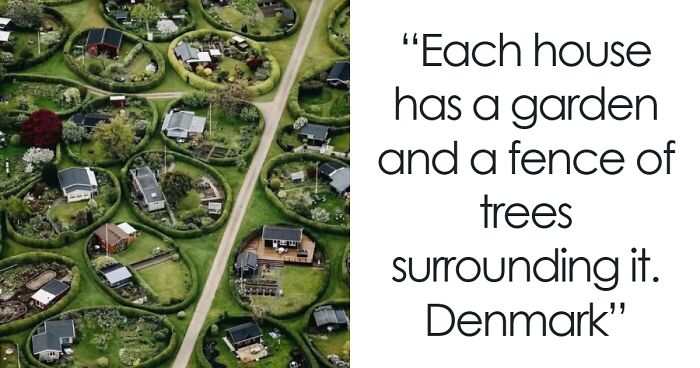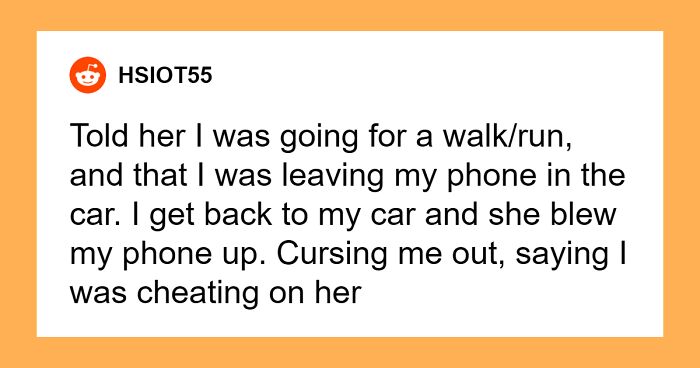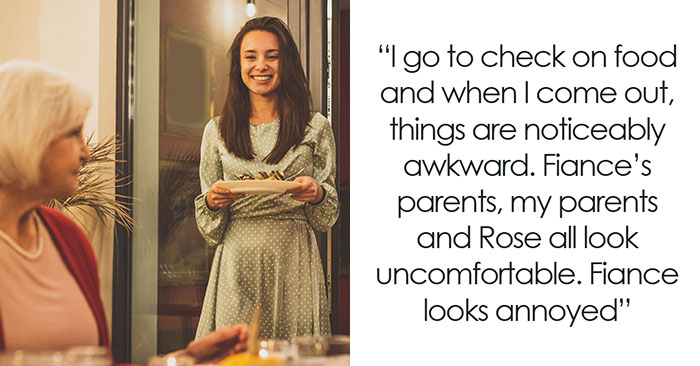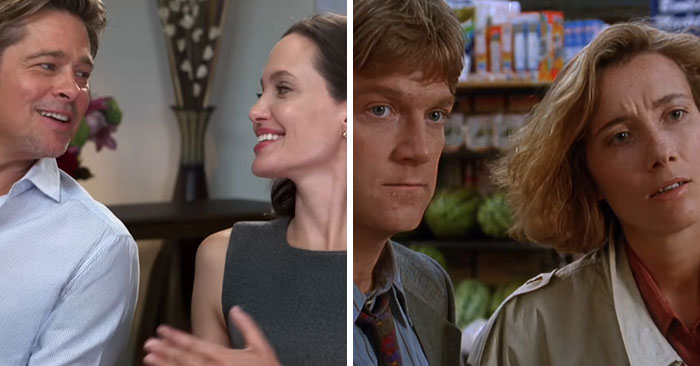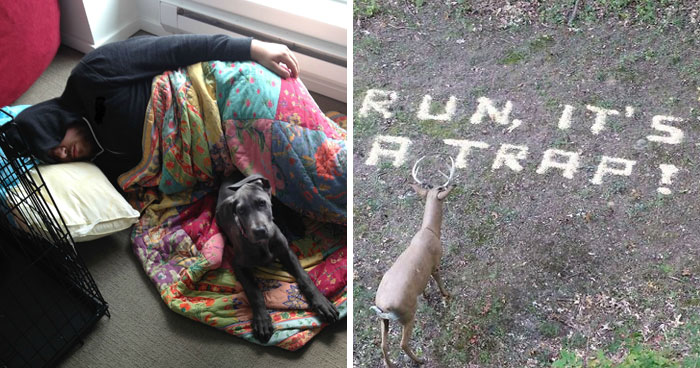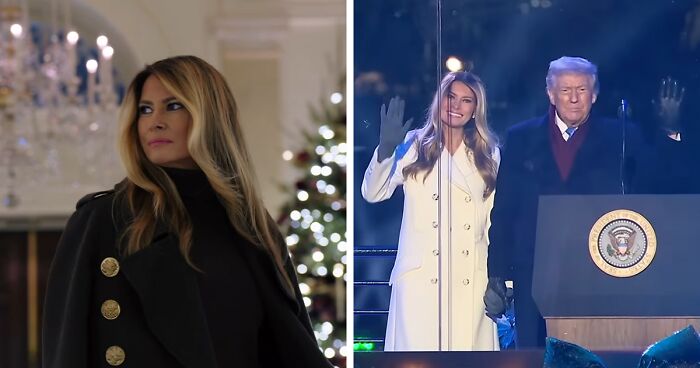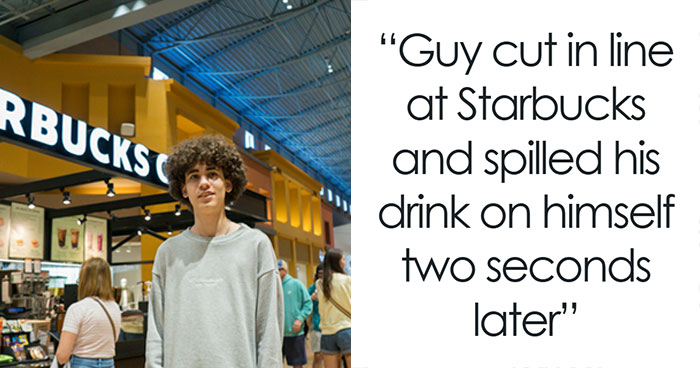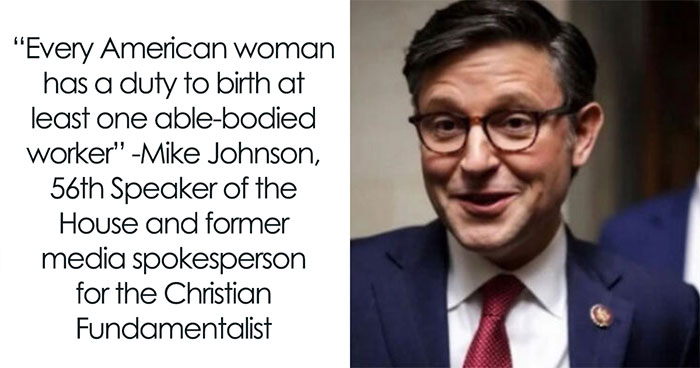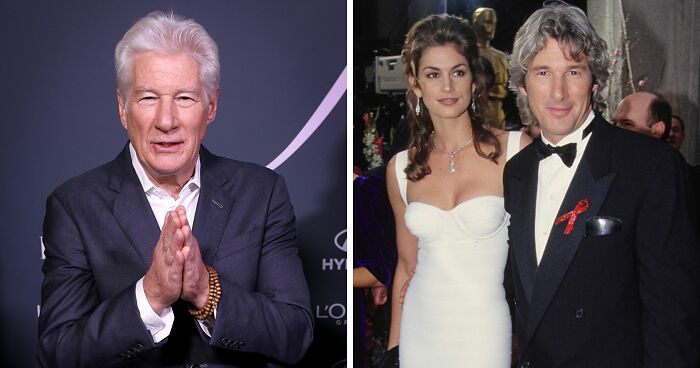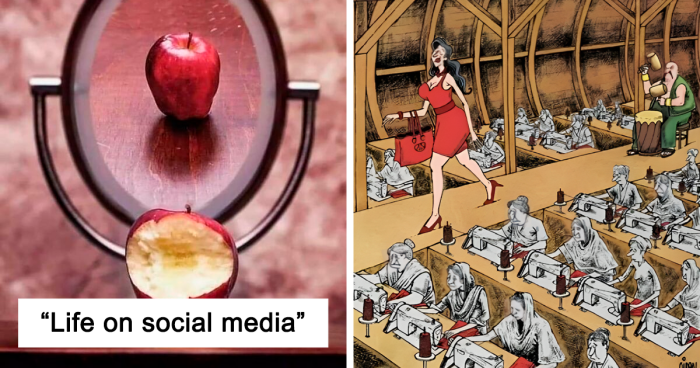
30 Pics That Point Out What’s Wrong With Our Society, As Shared On This X Page
In a world where tragedy strikes every day, many of us like to take a break from the madness and retreat to our cozy safe spaces. For some, it’s TV shows or movies, while others love to delve into books. People also like to escape into social medias and other quiet internet corners filled with memes and cats, and there’s nothing wrong with that. We all need our time to recoup.
Yet, it’s important not to forget the realities of our world. If we run away from them, we won’t solve anything.
Maybe that’s why Meaning In Pictures is such a popular X page. People want to be reminded of modern-day issues through not-so-funny gag cartoons. They explore the extensive use of phones, war, or the global climate crisis with clever insight. Scroll down to see them all.
This post may include affiliate links.
Single-panel or gag cartoons are a fascinating medium. They hold a lot of meaning in a very tiny space. Their ingeniousness lies in their snappiness and ability to capture the essence of a problem and make it somewhat humorous in a single image accompanied by text.
The interplay between text and image is what really makes this art form stand out. The two have to work together to deliver the intended message. In fact, the perfect cartoon is considered to be one in which the picture doesn’t make sense without the text and vise versa. It’s all about their relationship.
The history of cartoons is quite interesting. See, while humans have been drawing for millennia, the roots of a single-panel cartoon begin somewhere in the 18th century. That is when caricaturists, satirists, and other artists started publishing various vignettes in humor magazines and single-sheet publications.
Back then, of course, they weren’t called cartoons. The word described the drawings that fresco and tapestry painters would make on a piece of cardboard before putting it on cloth or walls. In time, it evolved to describe preliminary drawings in general and in the 1840s, it was first used to describe a funny image published in a paper.
The paper was a British magazine called “Punch” and on July 15, 1843, it published five satirical drawings about the government called “Mr. Punch's cartoons.” Over time, it spread to other countries and branched out in two major directions: political and gag cartoons.
Oh I don't vote ... What do you mean abortion isn't a protected right anymore? How could that be?
The political cartoons were focused on poking fun at current day events and were the more popular of the two. They were used as covers of magazines and sometimes even sat proudly in centerspreads. The gag cartoons were more modest; just funny pictures that accompanied funny text. They didn’t depend on one another and usually hid themselves amongst other light-hearted stuff.
It was not until 1920 that the modern gag cartoon found its footing. That is when cartoonists started to use different methods such as visual puns to connect pictures to the words under the image. The joke was then not in the picture nor in the text, but in the connection between them. The reader had to ponder how they work together to get a giggle, which makes a greater impact.
Over the next few years, the art of cartooning flourished, with the stars of Peter Arno and Harold Ross shinning the brightest. For three decades, from around 1930 to 1960, the medium experienced its golden days. Major weekly magazines were publishing from 200 to 400 cartoons a month. Some of them were printed in color and took up a whole page. The cartoons found their place on mugs and cocktail napkins. Everyone loved cartoons.
Oh God i Miss my mum so much, cancer defeated her 2 years ago....f**k cancer
But, of course, as the interest in weekly magazines declined in the '60s, so did the mass interest in cartoons. Soon, they found themselves in niche publications, where loyal audiences still appreciated their unique combination of visual art and text.
F**k Around and Find Out. Earth is entering Find out phase now.
More recently, people have started publishing and appreciating web comics. The short and poignant idea matched with a funny visual is perfect for sharing on social media, whether it’s funny or political.
this makes no sense if you regulate what you watch. it's like you guys act as if you can't just... turn the channel to national geographic or something
This list is another piece of proof that people are still interested in the snappy messages presented in single-panel comics. And while these aren’t funny, they’re still proving to be relevant.
'All the trees thought the axe was their friend because the handle was made of wood'
Man, this cartoonist is pretty on point on most of his stuff. Hats off.
aww i love this one! Often you can't see the scars people carry, so be nice to everyone. you never know what someone is dealing with.
plants need rain so why is he holding an umbrella over it he is trying to kill it how evil
On my mind; that big guy already had plant his tree when he was young, and when he grown up, the tree grown big too and he can take his tree/log....OR he simply cut down tree for himself without plant anything

 Dark Mode
Dark Mode 

 No fees, cancel anytime
No fees, cancel anytime 






